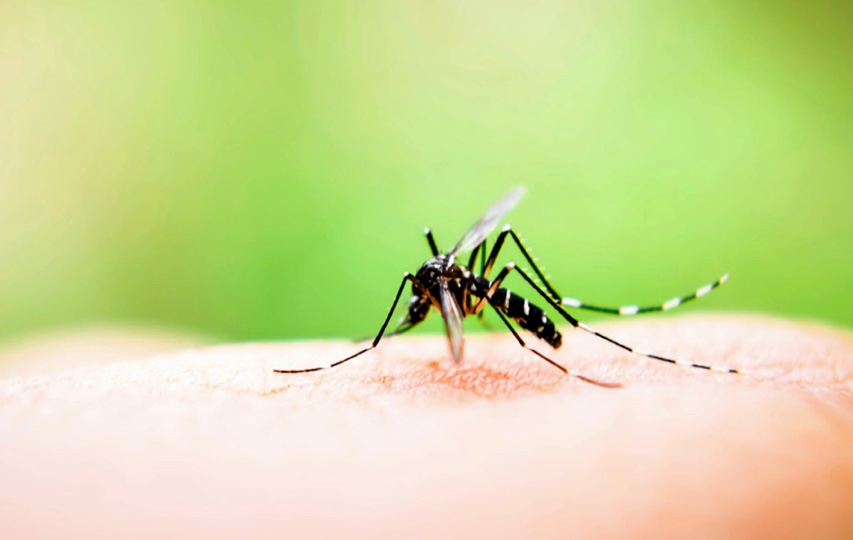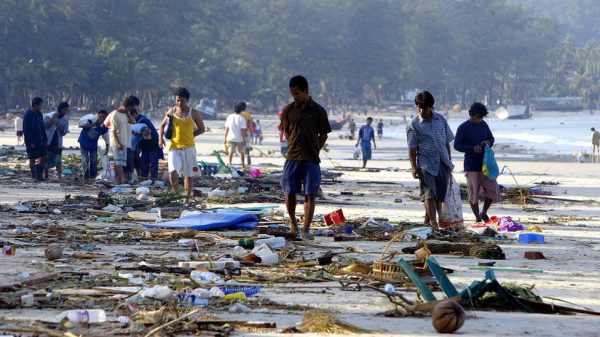Dengue fever is a viral illness that is spread by the Aedes mosquito, which is found in tropical and subtropical regions around the world. Thailand is one of the countries where dengue fever is prevalent, and it’s important for travellers and residents alike to take steps to protect themselves from the disease.
Dengue is also prevalent in Phuket with outbreaks from time to time so we’d urge you to be vigilant when visiting the island.
Here are some tips to help you avoid dengue fever in Thailand…
• Use mosquito repellent: The best way to prevent dengue fever is to avoid being bitten by mosquitoes in the first place. Use a repellent that contains DEET or picaridin, and apply it to exposed skin and clothing. It’s especially important to use repellent during the day, as the Aedes mosquito is most active during the early morning and late afternoon, sunrise and sunset.
Repellants are freely available at 7/11 and Family Mart stores.
• Wear protective clothing: Long-sleeved shirts and pants can help to protect your skin from mosquito bites. Light and pale coloured clothing are also less attractive to mosquitoes.
• The mozzies breed in any location there’s still water. So ponds, patches of water, lakeside, in old troughs, even wet gutters… the mosquitoes will lay their eggs. So getting rid of these pools of stagnant water will get rid of the problem at the source.
• Use mosquito nets: If you’re staying in a place where the windows and doors aren’t screened, use a mosquito net to protect yourself while you sleep. You can even give your room a quick spray with a mosquito spray in the minutes before you go to bed.
• Remove standing and stale water: Mosquitoes lay their eggs in still water, so it’s important to eliminate any sources of any water pools around your home or hotel room. This includes things like old tyres, flower pots and buckets.
• Be aware of the risk: Pay attention to the local news and weather reports, and take precautions if there is a dengue fever outbreak in the area. Be aware that there are other disease carrying mosquitos such as chikungunya, zika, malaria and yellow fever as well (although Dengue and chikungunya are the most common).
• Seek medical attention: If you suspect you have dengue fever (and you’ll know it) get to a clinic or hospital straight away. Symptoms include fever, headache, muscle and joint pain, nausea and a rash. If you’re experiencing any of these symptoms, seek medical attention right away.
• If possible get dengue vaccinations before hand. It’s not available everywhere but willl certainly assist you avoid most of the worst symptoms.
By following these tips, you can reduce your risk of contracting dengue fever in Thailand. Remember that dengue fever can be a serious illness, so it’s important to take precautions to protect yourself and your loved ones.
These prevention techniques are the best way to protect yourself and should be practiced regardless of the outbreak status. If you live in Thailand, these precautions just become part of your way of life.
If you become ill, despite taking precautions, be sure to seek medical attention immediately.









